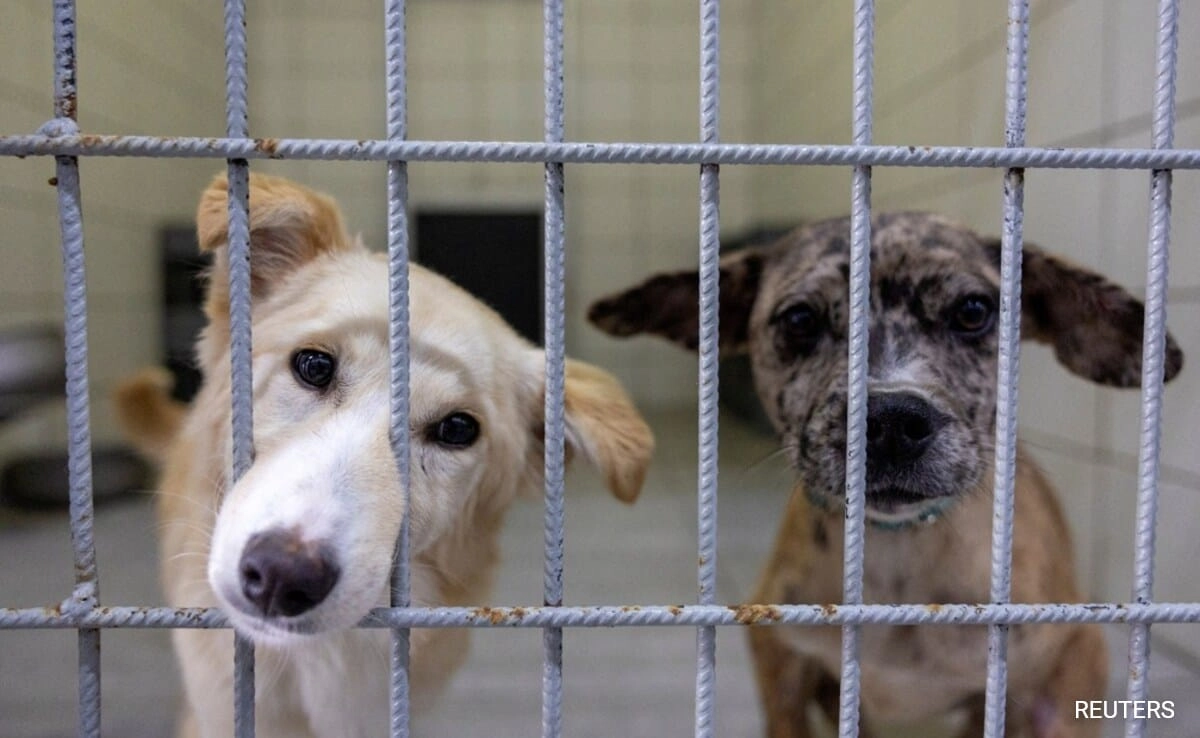The landscape of social media regulation in India has seen significant shifts, particularly in the southern states of Andhra Pradesh and Telangana. In recent years, both states have enacted legislation aimed at regulating digital platforms, a move that reflects a broader national trend toward increased scrutiny of online content and user behavior. This regulatory framework is primarily motivated by concerns over misinformation, hate speech, and the impact of social media on public order and safety. As a result, state authorities have implemented measures to monitor and control online activities, raising questions about the balance between maintaining order and preserving freedom of expression.
In Andhra Pradesh, the government has introduced specific guidelines that empower law enforcement agencies to monitor social media interactions more closely. This includes tracking posts that may incite violence or spread false information. The state has justified these measures as necessary for maintaining peace and security, particularly in light of rising communal tensions and political unrest. Critics, however, argue that such surveillance can lead to the suppression of dissent and curtailment of civil liberties, as individuals may hesitate to express their views out of fear of reprisal.
Similarly, Telangana has adopted a more proactive stance by establishing a dedicated cybercrime unit to address issues stemming from social media misuse. This unit is tasked with investigating cases of cyberbullying, defamation, and the dissemination of harmful content. While proponents of this initiative argue that it is essential for protecting citizens in the digital age, detractors warn that it could lead to overreach and arbitrary enforcement, where the lines between legitimate criticism and unlawful activity become blurred. The implications of these regulations are profound, particularly as they shape the way citizens engage with social media platforms.
The impact of these measures extends beyond the immediate legal framework; they influence the broader cultural climate surrounding free speech and digital communication. As citizens navigate this increasingly regulated environment, the fear of surveillance may stifle open discussion and debate on critical social issues. The challenge for both Andhra Pradesh and Telangana lies in finding a balance that protects public interests without infringing on individual rights. This ongoing tension reflects a larger global dialogue about the role of government in regulating digital spaces and the fundamental principles of democracy and freedom of expression. As these states continue to refine their approaches to social media regulation, the outcomes may serve as a bellwether for similar initiatives across India and beyond.




